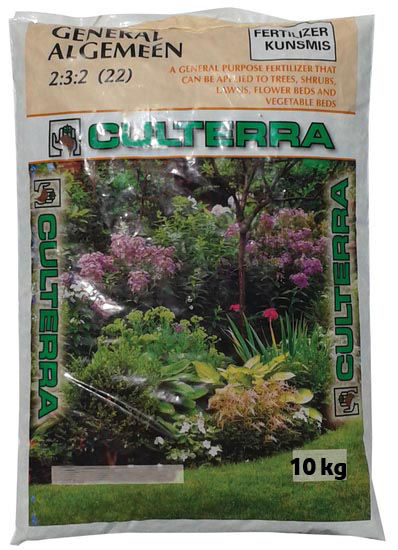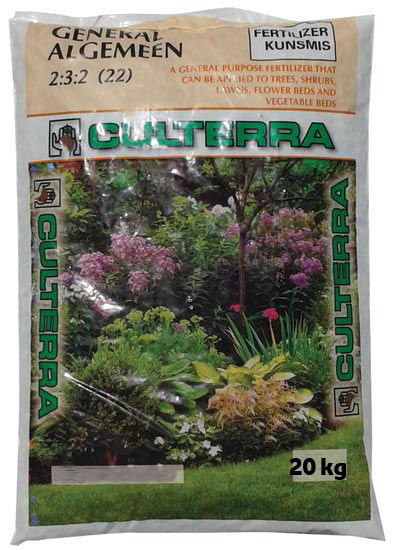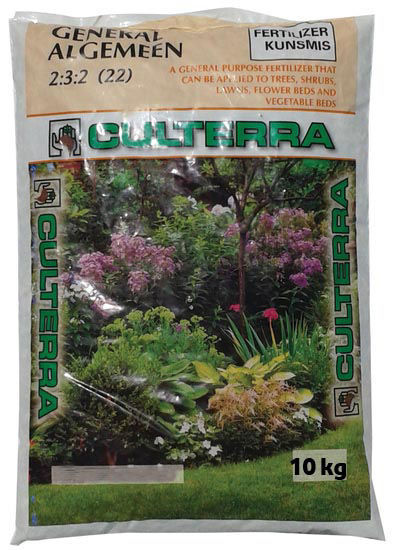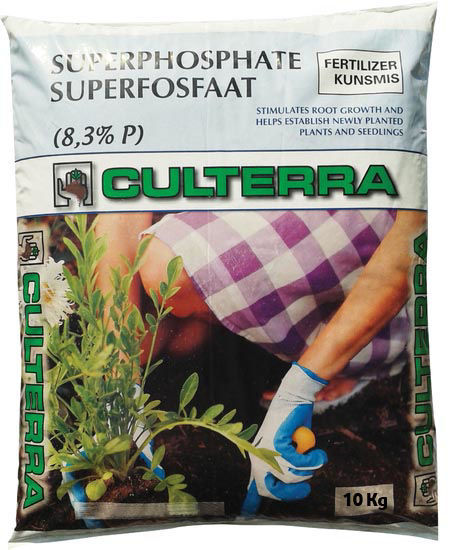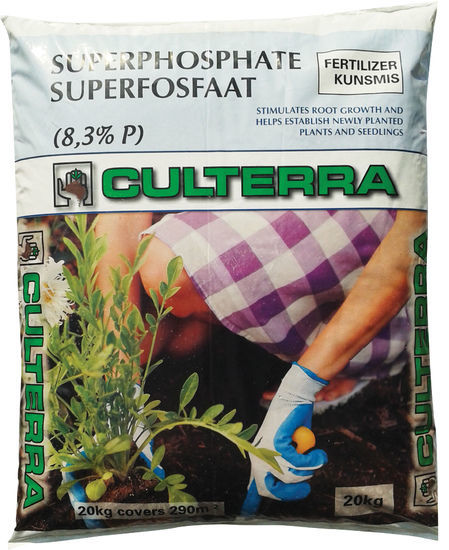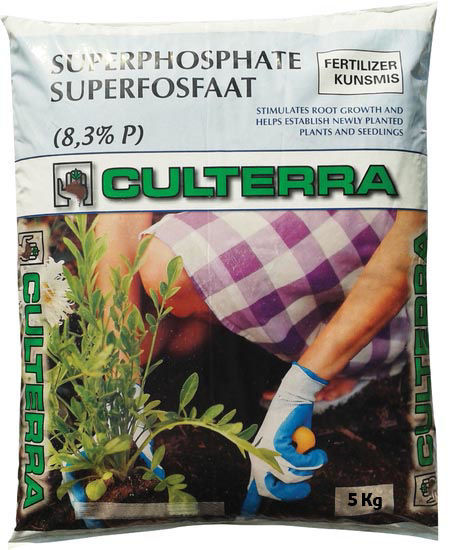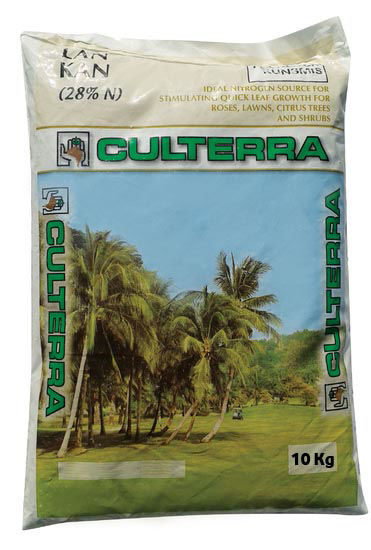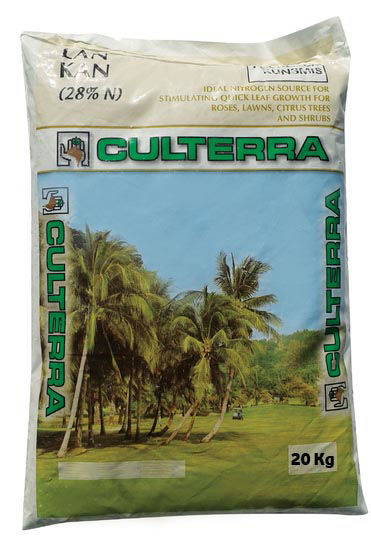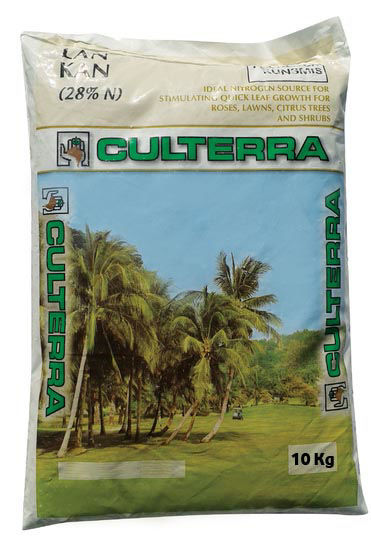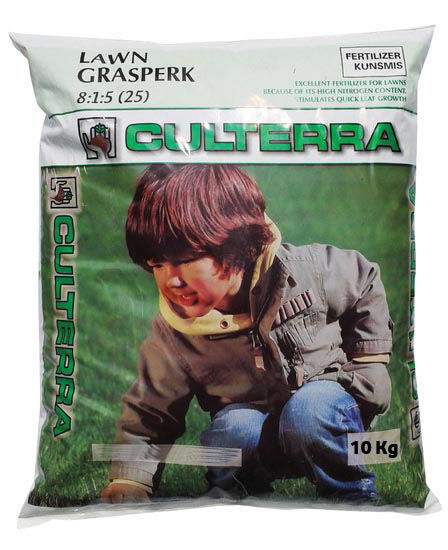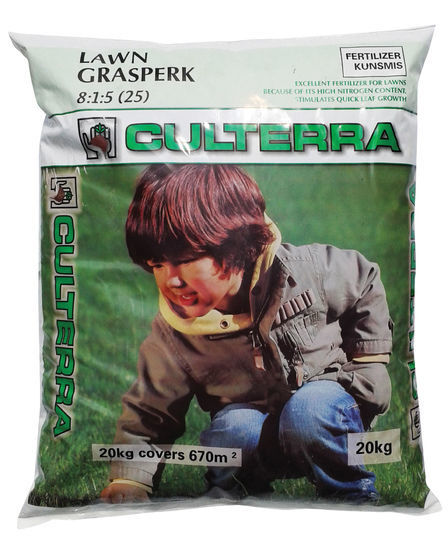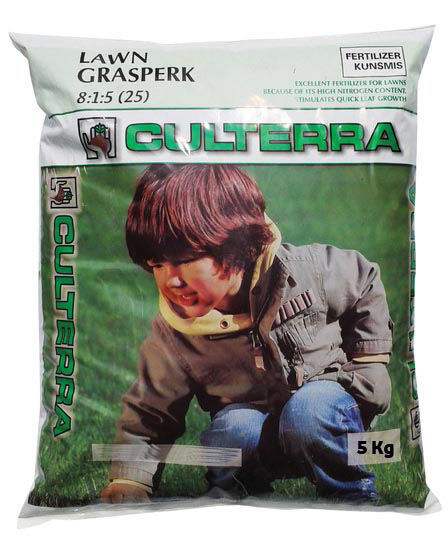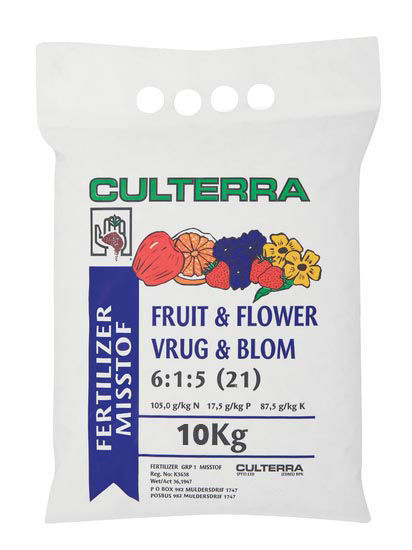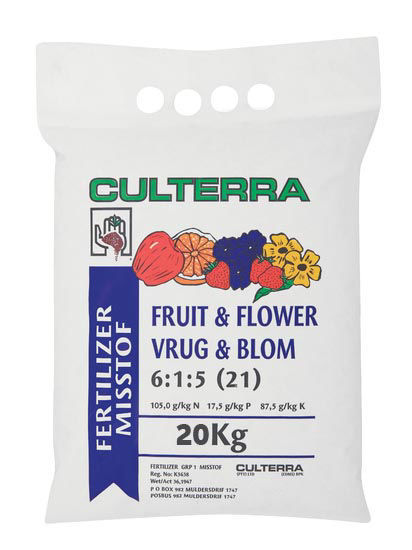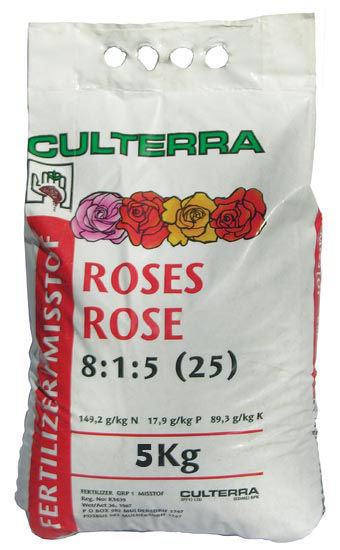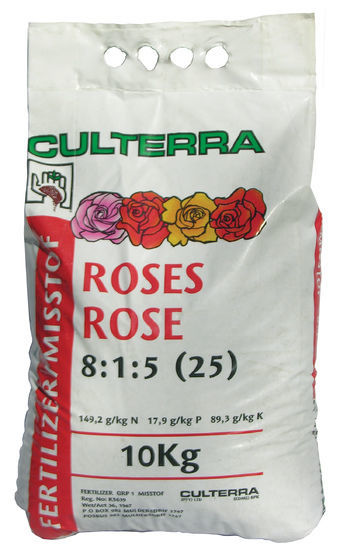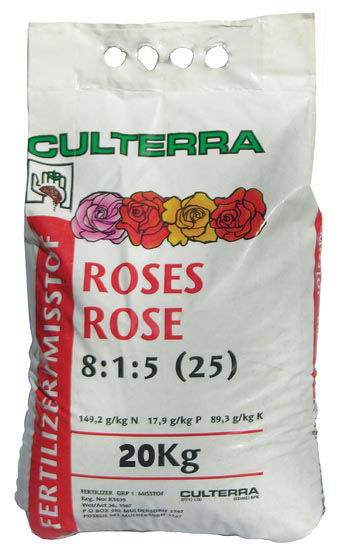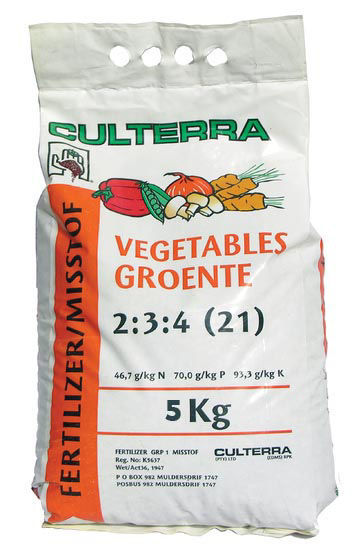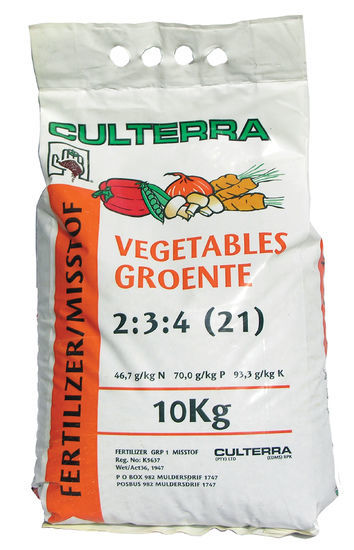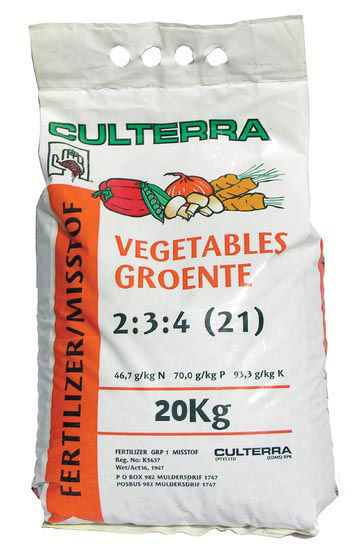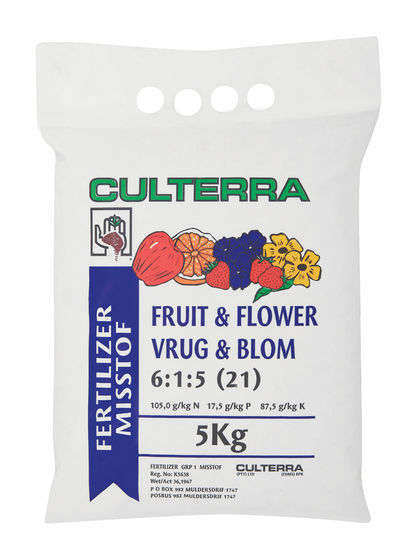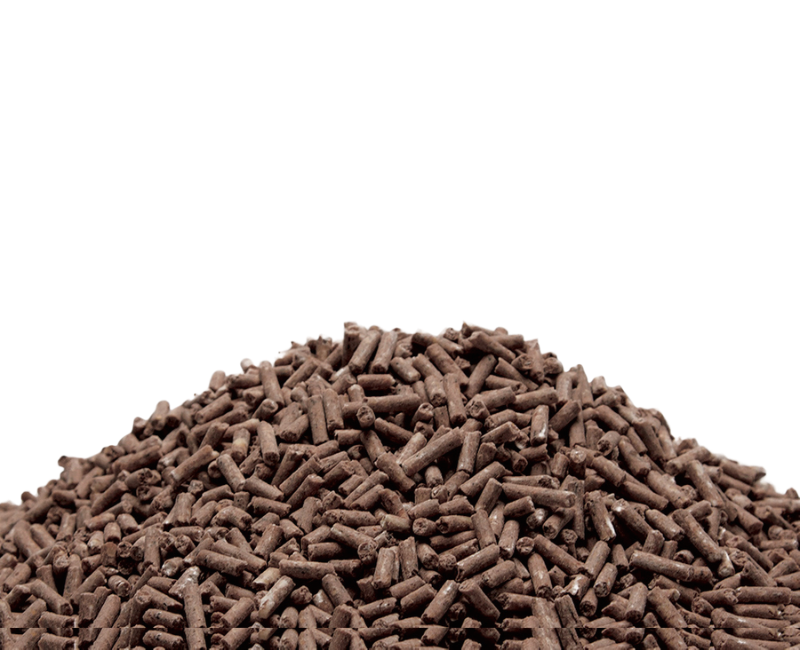(011) 028 8510
Chemical Fertilizers
A chemical fertilizer is a substance applied to soils or directly onto plants to provide nutrients optimal for their growth and development. The essential nutrients contained in these fertilizers are nitrogen, phosphorous, and potassium or otherwise knows as the NPK values, as well as other nutritional substances in smaller amounts—all presented in a form that can easily be absorbed and metabolized by plants. Chemical fertilizers have become a staple in many gardens, and can be a key component of a healthy lawn and plant care routine.
What makes a fertilizer “chemical” by definition is that it’s composed of raw chemicals that have been manufactured at a factory into liquid or solid forms that specifically target plants’ nutritional needs. A chemical fertilizer is essentially designed to mimic naturally occurring nutrients. Conversely, organic fertilizers are derived from natural materials that have undergone minimal processing and are generally applied in their original form. Despite their different origins, both chemical and organic fertilizers work similarly, providing specific formulations of NPK in order to treat nutrient-deficient soils and plants.


